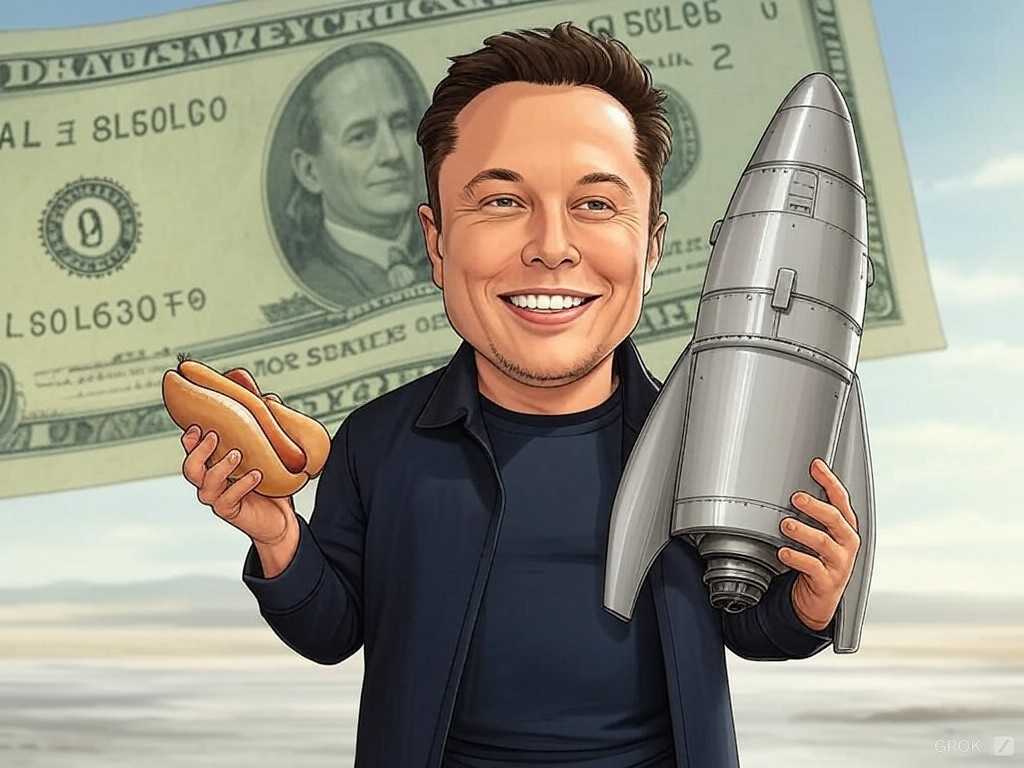The T-MEC's Uncertain Future in a World of Trumpian Economics
Trump's return to the White House sparks uncertainty in Mexico, with experts predicting economic slowdown and volatility. Deregulation and cryptocurrency gains fuel optimism, but also raise concerns about financial instability.

With Donald Trump poised to return to the White House, the global economic landscape faces uncertainty, volatility, and risk. As political and financial observers look toward 2025, experts agree that we are entering uncharted waters. Economists from Mexico’s National Autonomous University (UNAM) Institute of Economic Research (IIEc) have weighed in on what this could mean for Mexico, the United States, and the interconnected economies of North America.
“What is certain is that uncertainty will dominate the economic environment,” said César Armando Salazar López, a researcher with the Coordination of Prospective Macroeconomic Analysis. In an interview, Salazar predicted a slowdown in economic growth for Mexico, compounded by a less severe but noticeable deceleration in the United States. His assessment underscores the fragile nature of economic recovery post-pandemic and the vulnerability of global markets to political shifts.




